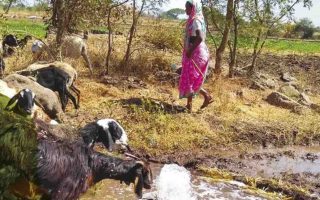


Infographics – Pastoralism towards sustainable development
Why is it important to support pastoralism? What challenges do pastoralists face all around the globe? What actions are needed to overcome these challenges and promote sustainable pastoralism? Find it out in this infographics that builds on the outcomes of the project...
Better approaches in support of pastoralism
Representatives belonging to more than 100 pastoralists’ organisations from 38 countries endorsed a statement expressing the needs and priorities of pastoralists. Outlined in this article, the statement is a call for the rights, culture and knowledge of pastoralists to be recognised, valued and supported.

Securing pastoralists’ land tenure rights
Article published in the journal Rural 21 by Margherita Gomarasca and Cornelia Heine September 2016 Formal land titles are rare in pastoral communities around the world. In the past, this presented hardly any problems, since pastoral land was seen as of little use by...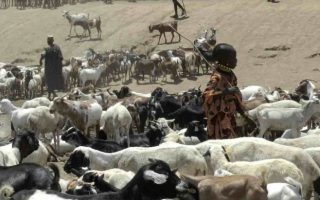
The path to greener pastures. Pastoralism, the backbone of the world’s drylands
The path to greener pastures. Pastoralism, the backbone of the world’s drylands. Jenet, A.; Buono, N.; Di Lello, S.; Gomarasca M.; Heine, C.; Mason, S.; Nori, M.; Saavedra, R., 2016 Download the full Report English-full report Download the Technical Brief:...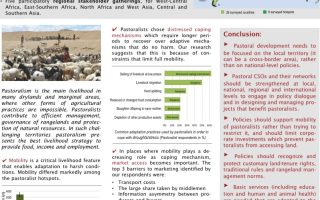
Poster: Migration and adaptation features in pastoralist communities
The poster “Migration and adaptation features in pastoralist communities” has been presented at the workshop Multifunctionality of Pastoralism, organised before the 10th International Rangeland Congress in Saskatoon, Canada, in July 2016. More information...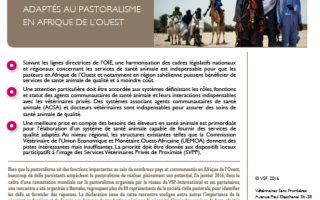
Des services de santé animale de qualité adaptés au pastoralisme en Afrique de l’Ouest
Policy Brief, VSF Belgium May 2016 Ce Policy Brief dresse l’état des lieux des services de santé animale en Afrique de l’Ouest et formule quelques recommandations afin qu’ils soient mieux adaptés au pastoralisme. Bien que le pastoralisme ait des fonctions...
Pastoralists as stewards of the environment
Article published on D+C International Journal by Cornelia Heine July 2015 Cattle farming is mentioned among the world’s worst environmentally destructive activities: it devours resources, pollutes groundwater and is a climate killer. These claims are all true – but...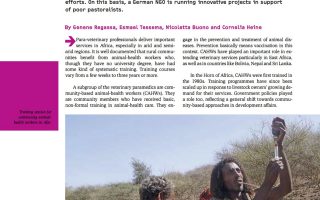
From the community, for the community
Animal-health workers who have some systematic training, but no academic degrees, make a huge difference in remote areas and strife-torn regions. Ethiopia is setting an example by involving them in its veterinary-services extension efforts.

